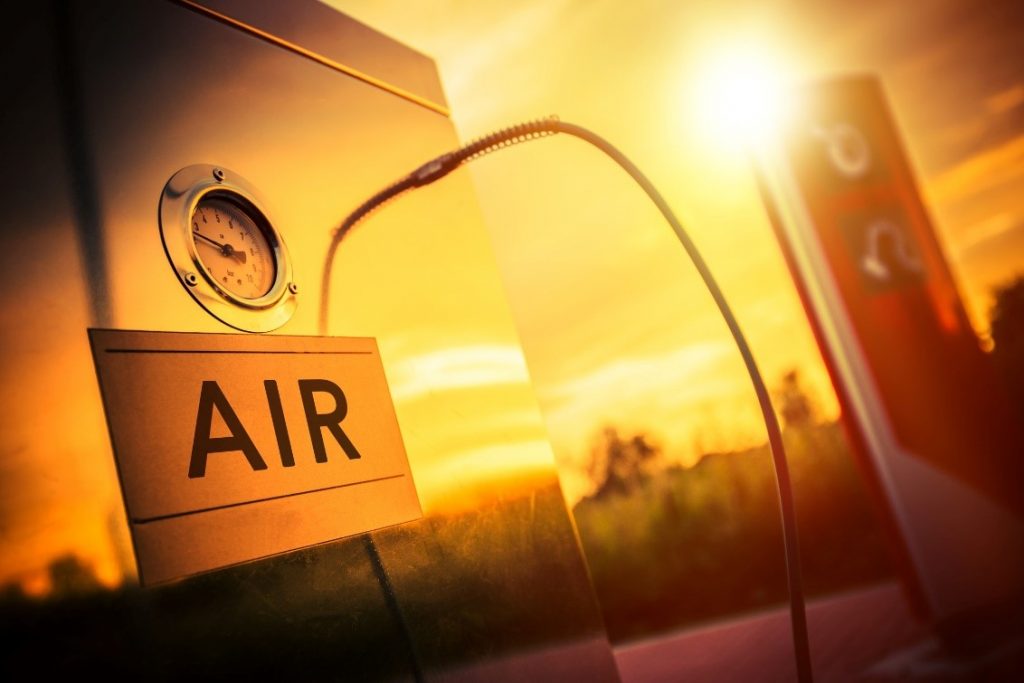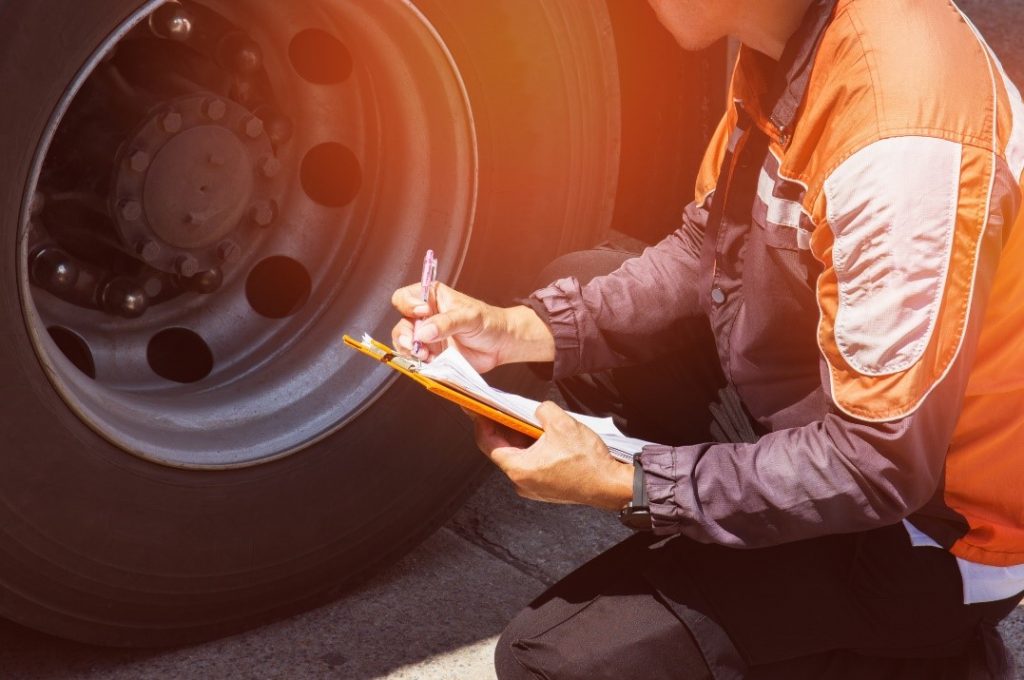Does Tyre Pressure Affect Fuel Consuption?
Yes, having incorrectly inflated tyres can impact not only your fuel consumption but also your driver’s safety. Good fleet management requires the management team to be able to deal with various factors that might affect productivity as well as being as efficient as possible.
We’ve previously written about a lot of popular topics that affect fleet managers, such as contingency planning for fuel theft and the future of green fleets, but in this article, we’re going back to basics by discussing the importance of correct tyre inflation, not only for its affect on fuel consumprion but also its affect on safety.
How Tyre Pressure Affects Fuel Consumption
The Dangers of Improper Tyre Inflation
Inflation Steps to Avoid Tyre Failure
Facts about Tyre Safety and Inflation
Tyre Inflation Fuel Economy Facts
In 2015, Michelin reported that 62% of vehicles in Britain are running on incorrectly inflated tyres. Although there is little that can be done about other vehicles on the road, fleets should aim to maintain their image by ensuring the best safety practices where possible – including routine tyre checks.
This is important for fuel economy too. Michelin stated the following on their blog:
- “Seriously underinflated tyres are dangerous, they use more fuel, they wear out quicker, and they cause the vehicle to produce more pollutants and greenhouse gases.”
It is thought that motorists in the UK are wasting as much as £246m on fuel as a result of underinflated tyres (Michelin). As a fleet manager, one of your responsibilities should be to look for methods to reduce fuel consumption as much as possible to help your business to grow its profits. Ensuring that your fleet’s tyres are appropriately inflated will increase your business’ efficiency whilst also improving your health and safety regulations.
If you’re looking for other methods for improving fuel efficiency and the safety of your business, you may want to consider our fuel management systems. Our technology will enable you to keep better track of your fuel supplies and prevent theft. Reducing vandalism in your business not only protects your business’ investments, but it is also an important safety measure for the mental health of your employees.
The Dangers of Improper Tyre Inflation
Michellin also reported in 2015 that more than 40% of vehicle defect-related deaths were caused by dangerous tyres. Tyre inflation might be more important for the safety of your drivers than you think; in 2014, the Health and Safety Authority turned their attention towards its importance following a series of fatal accidents where improper inflation was listed as one of the main causes. Below, we list the dangers of an improperly inflated tyre:
- Tyre Explosions
- Wheel Disintegration
- Poor Handling of Tyres and Wheels
- Vehicle Collapse
Inflation Steps to Avoid Tyre Failure
If any of your vehicle’s tyres are underinflated, your first reaction might be to go and ensure that those tyres are re-inflated as soon as possible, but this would be a mistake. If a tyre has been used while it is underinflated, the structural integrity of the tyre may have become compromised. Driving on underinflated wheels lowers the amount of force that the tyre can withstand, which may mean that the force of driving on an underinflated tyre has put too much stress on the rubber, and may have even damaged the steel of wheel, which can cause problems for new tyres too.
You should carry out some safety checks regarding your tyres before re-inflating them.
It is important to maintain your own safety whilst inflating your tyres, as a tyre has the potential to explode when it is being reflated. Using a pressure gauge or pressure control device can help you to inflate the tyre properly, but you should also stand outside of the tyre’s potential explosion trajectory. It’s also worth considering that you’ll need to ensure that no passers-by are likely to get hurt by accident.
Use your senses to anticipate an accident; you may be able to detect a sign, either visually or audibly, that might indicate an impending tyre failure. If you suspect an issue, use the quick-release connection on the hose to deflate the tyre before going over to observe it.
For tyres above 15 psi, extra precautions should be taken, such as using a tyre inflation cage, a clamping mechanism, or a portable restraint.
Facts about Tyre Safety and Inflation
- In a single year, over 60k UK commercial vehicles broke down (Highways England, 2016)
- In a single year, 32 deaths and 1,500 injuries occurred as a result of defective tyres. (Highways England, 2016)
- 5% of motorists in the UK are driving on punctured tyres. (Michelin)
If you would like any more information about our range of fuel monitoring systems, please do feel free to get in touch with our experts today. You can contact us by calling our experienced team on 01254 959016 or by submitting an online enquiry form and we will be in touch with you soon.










